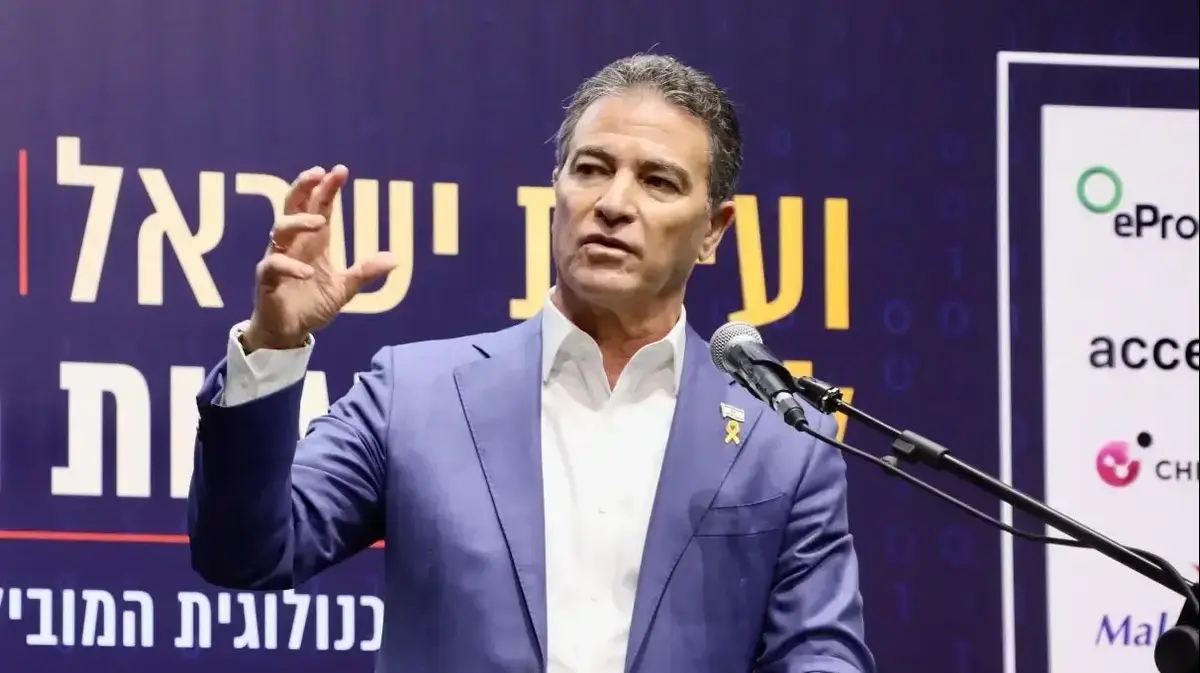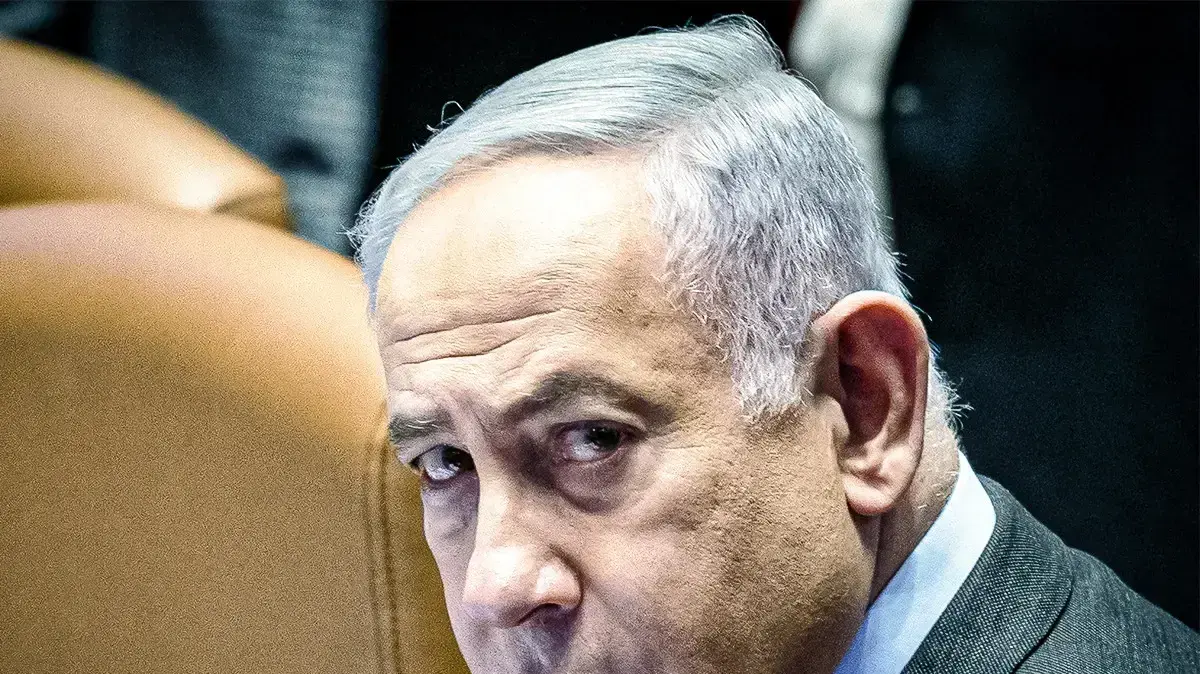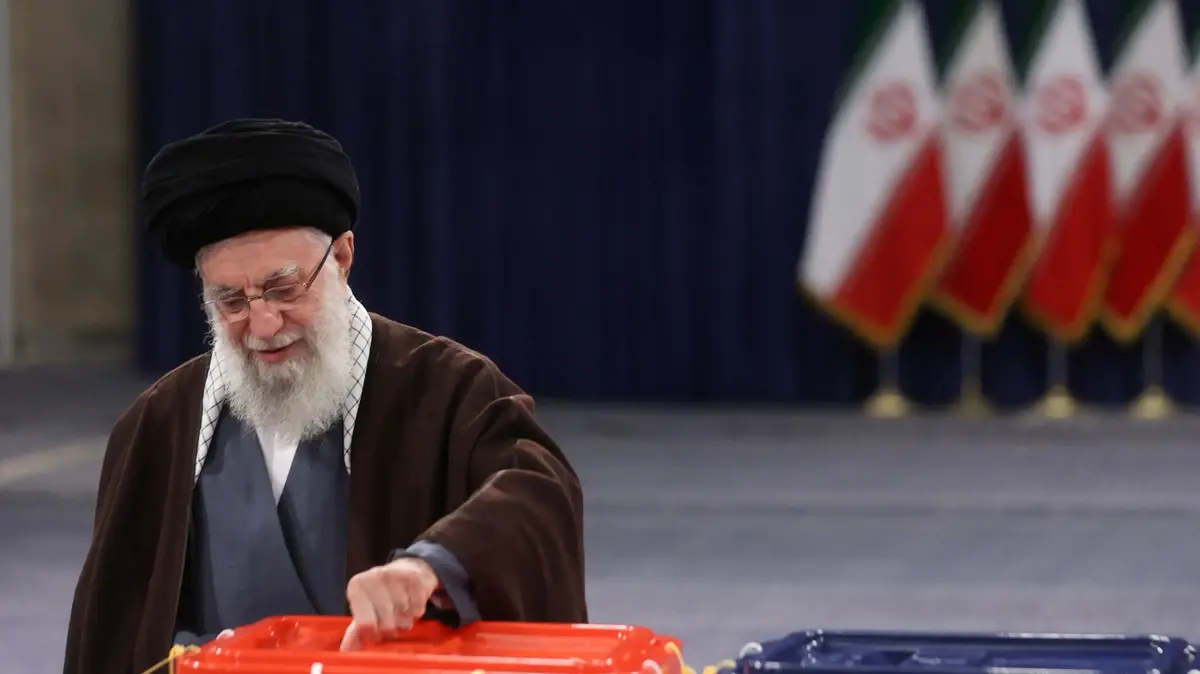The law to dissolve the Knesset has passed, and we will probably soon be preparing for election campaigns, incessant interviews of the various politicians, spins and new parties that will emerge.
"Israel Today" puts you in order and answers all the questions ahead of the election.
When are the elections expected to take place?
Usually when a law is passed to dissolve the Knesset, elections are held on Tuesday of the week with 90 days after the law is approved.
It is estimated that the factions will agree on an election date after Simchat Torah, that is, after the first or second week of November.
Are all the existing parties likely to run?
Most of them do.
There may be mergers to ensure the passage of the blocking percentage, such as a merger between New and Right Hope, Labor and Meretz and possibly also between RAAM and the joint list.
Gadi Izenkot.
Running alone or joining an existing list ?, Photo: Gideon Markowitz
In which parties are there primary elections?
In the past, there were many parties that held democratic procedures in their ranks.
Today, only a few parties remain: the Likud and Labor.
The Religious Zionist Party is planning primaries for the first time in its ranks.
Meretz does not hold primaries, but there is also a democratic process in which about a thousand of the party's delegates take part.
What are the "defendant's laws" and what are the chances that they will be passed?
This is mainly a change in the Basic Law: The Government, which stipulates that a person against whom an indictment has been filed will not be able to receive from the President of the State the mandate to form a government.
After Naftali Bennett announced that there is no veto on his part over the law, he may have a majority and he will be approved.
At the same time, enacting such a law in conjunction with the dissolution of the Knesset may be problematic and the law will have to stand the test of the High Court. In addition, if Benjamin Netanyahu has a majority to form a government, the majority in the new Knesset could change the law.
Will the "defendant" laws be avoided?
Opposition leader Benjamin Netanyahu, Photo: Noam Moskowitz, Knesset Spokeswoman
How will Amichai Shikli be able to run in the election?
Shikli has no problem running for the next Knesset through a new party or any other party that is not represented in the current Knesset.
The only limitation based on it is dealing within an existing party, such as the Likud.
At the same time, the court has the authority to overturn the decision of the Knesset committee that ruled that he had resigned from his faction, and if that happens, the restriction on being an armored member of the Likud will be removed.
How crucial is the turnout?
It is expected to be very crucial, especially in the Arab sector.
A high turnout in the sector could change the entire political map and hurt the right-wing camp.
How can the Netanyahu trial affect the election?
The proceedings that preceded the trial greatly hurt Netanyahu and probably led to the situation of indecision and the loss of the majority he has won so far.
But in recent months in court, some citizens have returned to support Netanyahu following the feeling that the bribery charge is collapsing.
Why is there a fear in the ultra-Orthodox parties of losing votes?
Unlike in the past, ultra-Orthodox young people today no longer flock en masse to cast at the ballot box what their rabbis are reserved for them.
Recently, there has been a phenomenon of admiration on their part for Itamar Ben Gvir, which increases the fear among the leaders of the ultra-Orthodox parties that they will lose votes to support Ben Gvir's list.
Wins sympathy.
Ben Gvir, Photo: Oren Ben Hakon
What is the state of laws whose legislative process has not yet ended?
Every law passed in the first reading is given "continuity", meaning that it will be possible to continue the legislative process where it will also be stopped in the next Knesset.
Is the transitional government empowered to make dramatic political and security decisions?
A transitional government can make a wide range of decisions, including going to war, and also act on the political front, as will likely be the case when US President Joe Biden visits Israel soon.
Also, the government of course continues to convene weekly and the ministers continue to sign orders and regulations in their offices.
At the same time, there are restrictions on certain decisions, especially those that are in public controversy, as well as regarding appointments.
For example, the current ombudsman this week ruled that the process of appointing the chief of staff should be stopped, even though it has already begun.
What economic impact will the economy have in the midst of an election campaign?
The main damage is in the inability of the Treasury and the authorities to move forward with important economic moves - whether due to lack of attention, whether due to paralysis of the Knesset and especially its committees, or due to the halting of initiatives.
Were we wrong?
Fixed!
If you found an error in the article, we'll be happy for you to share it with us

/cloudfront-eu-central-1.images.arcpublishing.com/prisa/UFLZRSS3JBJLBP66RM6Q4AKJ4M.jpg)






